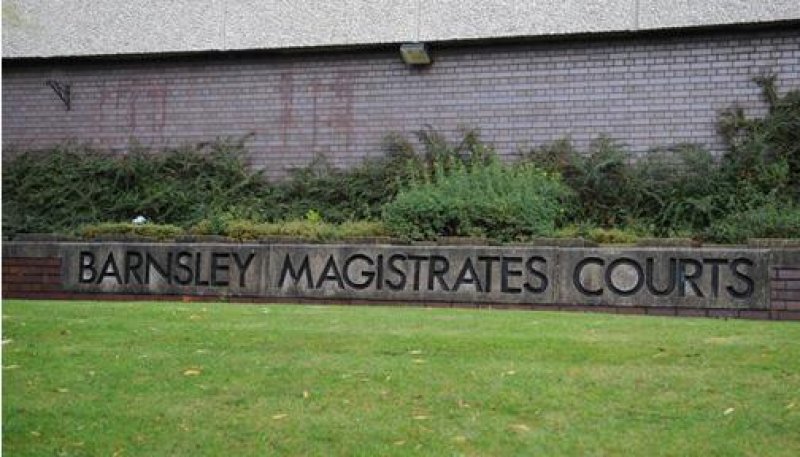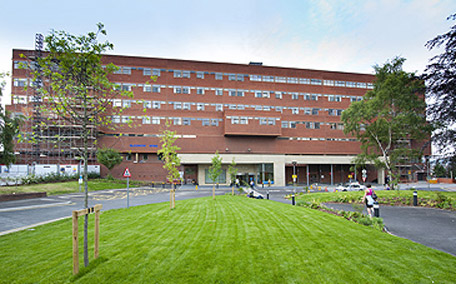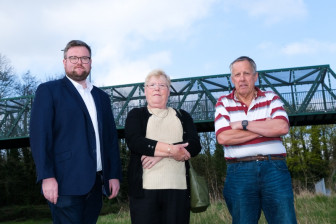A MOTHER claims she has been left feeling unattractive and less womanly after she needed corrective surgery following the birth of her first child.
Rachel Hill, 23, of Warren Walk, Royston, gave birth to son Bradley at St James's Hospital, Leeds, on May 12 last year.
She claims she was cut internally during the birth and was then incorrectly stitched up.
She said: "I've been butchered. Cattle going to slaughter are treated better than I was.
"If I'd have known then what I know now, I would have had him in a field."
She said the emotional impact on her meant she didn't like to leave the house for nine months.
"I couldn't walk, sit down or kneel and I couldn't play with my son. I was in that much pain that I felt like I was dying.
"Me and my fiance, Nick Chester, nearly split up - we were having rows because there was no intimacy."
Before the birth Rachel had devised a birthing plan with staff at Leeds General Infirmary, but there was no bed space she was taken instead to St James's.
After arriving at hospital at 11.50am, she eventually gave birth at 10.59pm to Bradley, who weighed 6lb 6oz, and was stitched internally after giving birth.
She went back to her own GP several times after suffering pain and difficulties walking and sitting and he eventually suggested corrective surgery, which she had in December in an operation in a private hospital but which was paid for by the NHS.
Rachel has complained to St James's, which apologised for not discussing her birthing plan with her, to health minister Norman Lamb and to the health ombudsman but without success.
She has submitted a complaint to the Nursing and Midwifery Council against seven midwives and a matron and to the General Medical Council against the doctor and his supervisor, which are investigating her claims.
She said the couple had thought about legal action but could not afford it.
A spokesman for Leeds Teaching Hospitals NHS Trust said: "We are aware of the issues Ms Hill and her partner have raised and have looked into these in some detail over a considerable period of time and have responded to them directly.
"While we believe in most instances the care provided was appropriate, we have offered our apologies for some shortcomings.”


















